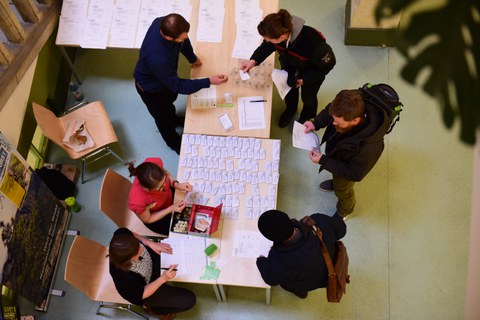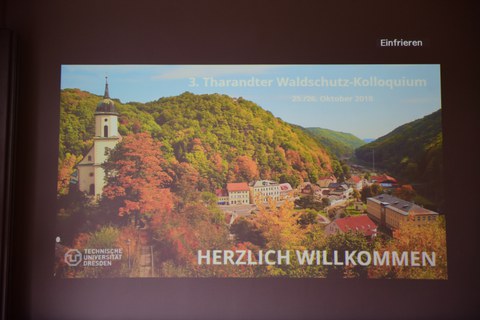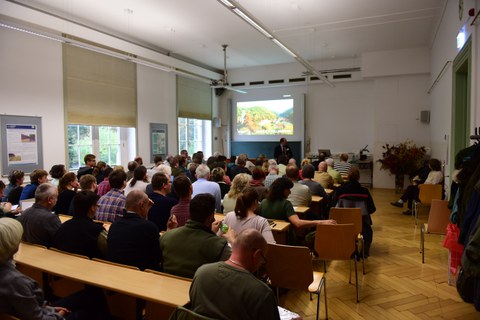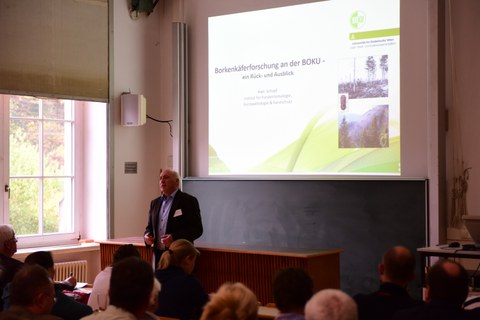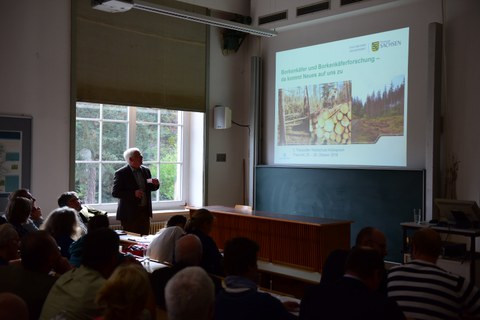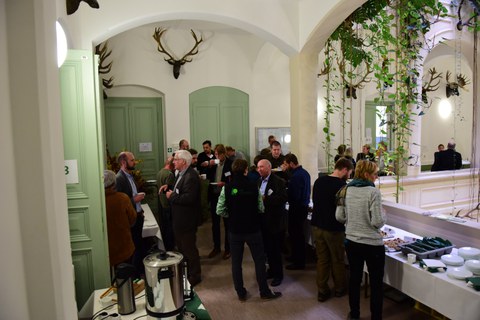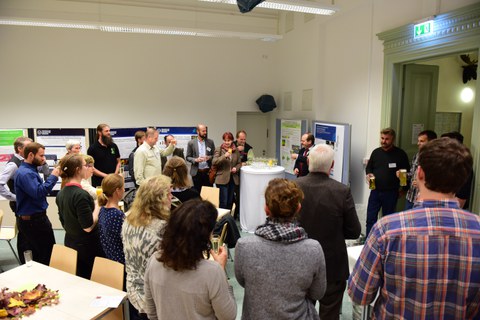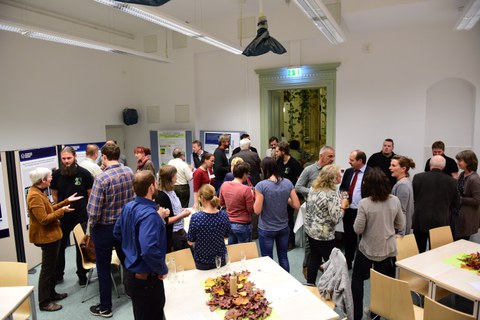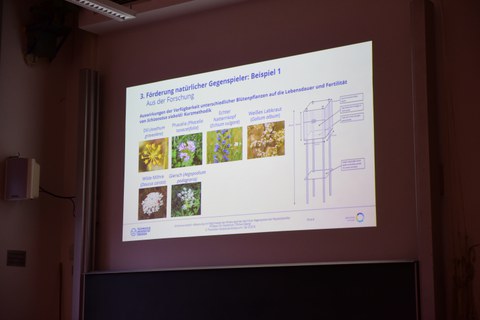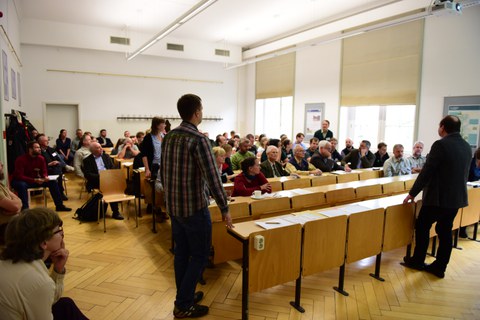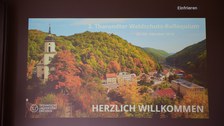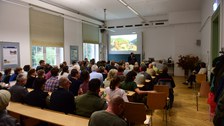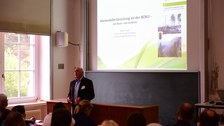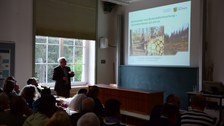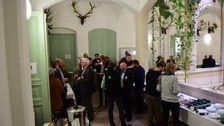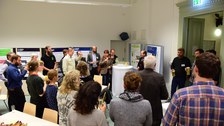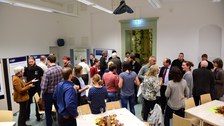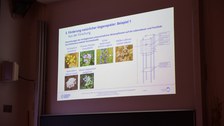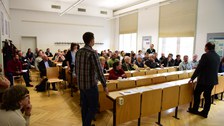Oct 30, 2018
3rd Tharandt Forest Protection Colloquium
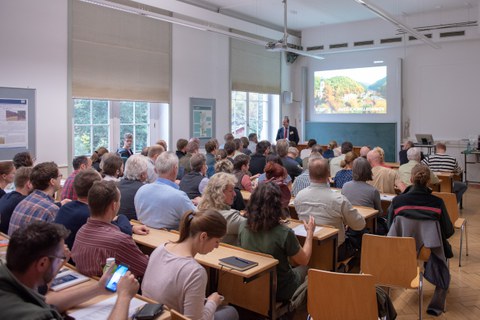
Large turnout at the 3rd Tharandt Forest Protection Colloquium
More than 100 people from all over Germany participated in the 3rd Tharandt Forest Protection Colloquium on October 25 and 26, 2018. Due to the great feedback of previous years the colloquium took place on two days for the first time in order to intensively cover the two main focuses "Current developments in bark beetle management" and "Close-to-nature regulation of pest insects". In the light of recent events a presentation on wildifire control was added to the program.
After the welcome and opening remarks by Prof. Dr. Michael Müller the conference began with presentations by Prof. Dr. Axel Schopf on the history and future prospects of bark beetle research at the BOKU in Vienna and by Lutz-Florian Otto on current bark beetle developements in the Saxon state forests. In the afternoon Christine Rachow from Georg-August-Universität in Göttingen as well as Dr. Michael Wehnert-Kohlenbrenner and Robert Friedrich from Ostdeutsche Gesellschaft für Forstplanung mbH presented results from the bioProtect project on the chemical communication of bark beetles. Prof. Dr. Michael Müller gave a first insight into data on the intercontinental effect of the allochthonous kairomones principle, which he gained during his research sabbatical in the United States of America. Afterwards he talked about the current issue of wildfire prevention and control on ammunition contaminated sites. The first colloquium day ended with a final discussion round, a poster session and the evening event that not only offered the possibility for further scientific exchange but also culinary enjoyments.
On the second day Richard Georgi and Klara Pohlink from the LINA project presented their interesting results on the importance of natural enemies for the control of pest insects in short rotation coppices, Dr. Katrin Möller from Landesbetrieb Forst Brandenburg talked about new challenges in the risk management of pine needle eating insects and Maja Bentele and Marcus Lukic-Walther gave a presentation on including risk analyses into forest inventory and management planning. After the final discussion Prof. Müller closed the colloquium with a list of recommendations for future key working fields of forest protection research and politics.
The presentations can be downloaded from this site. A selection of photos from the colloquium can be found at the end of this post.
We are very happy about the great turn up, the lively discussiona and the positive feedback and sincerely thank the Heinrich Cotta Club for their professional catering during breaks and Teich-Wirtschaft Voss for the fantastic evening buffet!

